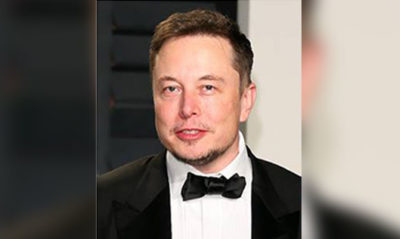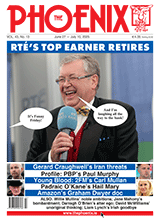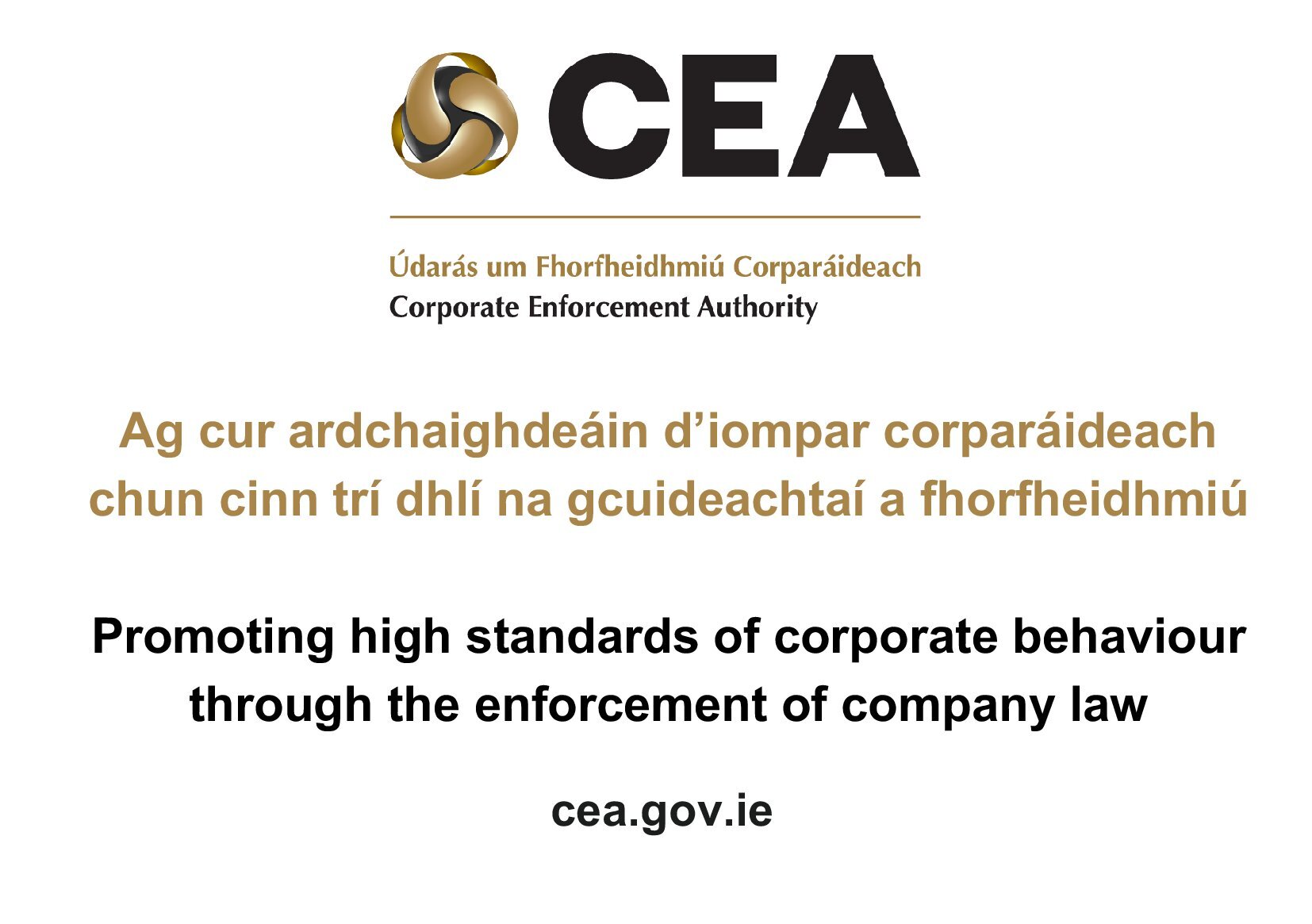
Elon Musk
WITH THE stroke of a $44bn deal, the dynamic of Ireland’s relationship with plutocrat Elon Musk is about to change significantly.
Loss-making Twitter is not among the major contributors to corporation tax revenue, and, with less than 200 staff at its European HQ in Dublin, the company’s jobs’ footprint is dwarfed by the thousands employed at Apple, Google, Intel and other multinationals.
The presence of high profile Twitter is, however, considered to be crucial in attracting other investment, and, for all the criticism levelled at the social media platform internationally, it remains a prestige bauble in the sales pitch of Ireland Inc.
Musk departed PayPal before the company set up here in 2003, but made his presence felt a decade later, driving Enda Kenny into the RDS arena during the Web Summit. Despite the Taoiseach’s obsequious attempts to plámás the billionaire during an on stage interview, Tesla, which sold around 780 cars here in 2020, still maintains only a small premises in Sandyford.
Until this week then, Ireland has not been a major concern for the South African, but the European Union is.
Though registered with SIPO since 2018, Tesla only began to lobby the Irish Government in recent months. Natasha Mahmoudian, the company’s UK Public Policy Head, met with Éamon Ryan’s advisor, Paul Kenny, about the Alternative Fuels Infrastructure Regulation (AFIR) which will set the framework for charging infrastructure in Europe (see The Phoenix 11/2/22).
With Musk now a bigger player in Dublin, it will be interesting to see if this impacts the Irish government’s attitude to electric vehicle policy or his other interests.
Those running the Irish subsidiaries of Silicon Valley behemoths have never become household names, while their interactions with policymakers and the media are now almost entirely handled by an ever-growing list of former political party hacks (see The Phoenix 21/10/21). Tech’s bright young things are indeed ruthless in defending their interests but it is generally conducted out of sight.
This is an arrangement that suits everyone, particularly hyper-image conscious Ireland, but overbearing Musk is a different quantity entirely and his corporate antics, social media tirades and business travails are rarely out of the headlines. The snap acquisition of one of the world’s largest social networks is set to generate ferocious controversy.
The Irish Government, caught between what is sure to be renewed pressure from the EU, Washington and the whims of the IDA’s latest loudmouth client, is going to face colourful challenges and global scrutiny: conflicts which will put the reputation of the state’s foreign direct investment strategy on tenterhooks, given that Musk only recently moved his US operations to Texas after publicly branding California “the land of overregulation, overlitigation, overtaxation, and scorn.”
Having faced down Silicon Valley to some extent in passing the Digital Services and Digital Markets Acts, the European Union has a point to prove. It is entirely possible, if not inevitable, that a tangle or two with Musk will arise and be taken as an opportunity to demonstrate that the excesses of Big Tech can be policed.
Back home, someone deemed to be the wealthiest person in the history of human civilisation is now a player in the mooted reform of Ireland’s defamation laws, and all this is to say nothing of the political implications of Twitter under the control of one this century’s most polarising figures.




